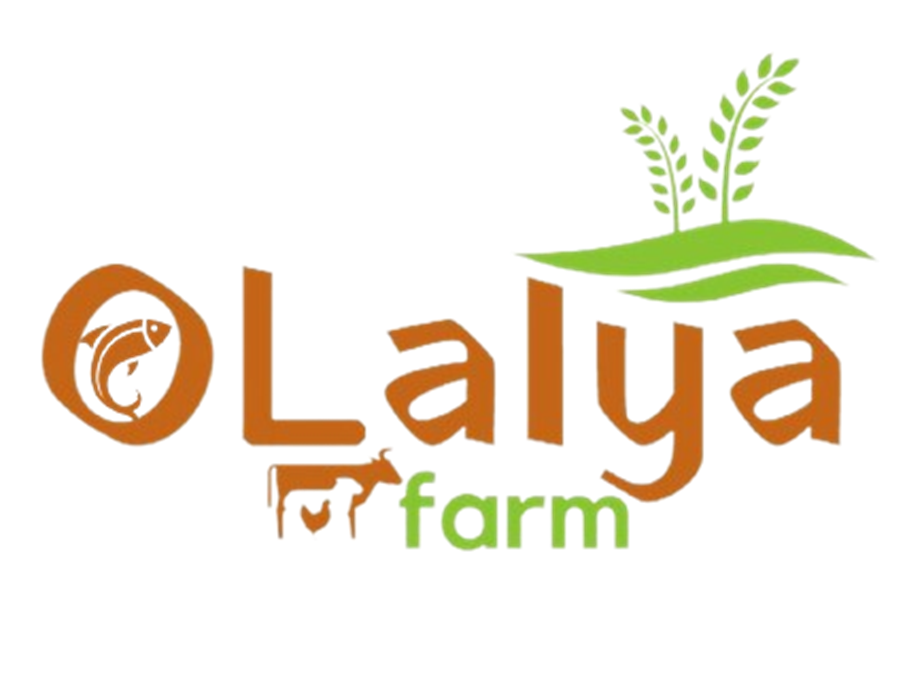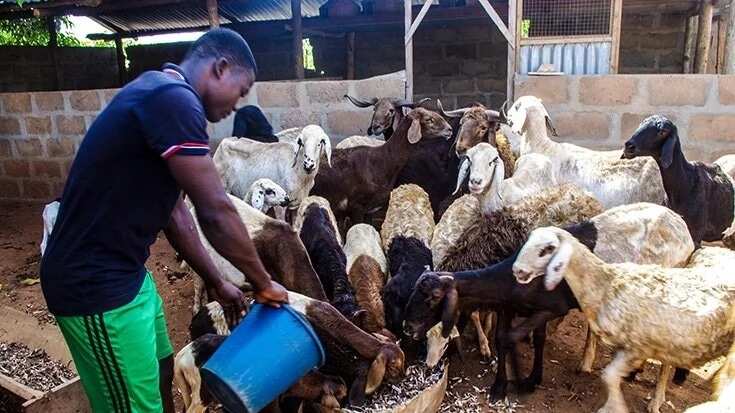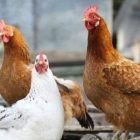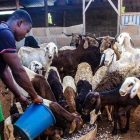In an attempt to sustain the social and economic values of the farm animals for nutrition and economic benefits of man, research has brought about a great deal of improvement in the livestock sector both in terms of production and management on a global scale. With the USA and Japan’s support for livestock development, livestock production technology has developed rapidly worldwide [9]. The development strategies are generally in the form of breeding/cross-breeding, quality feed development, improved healthcare services, animal husbandry, and marketing system.
Also is the development of new or automated technologies to aid the management and well-being of the animals [9]. Impacts of research in breeding include the development of quality breeds of animals with the potential for improved productivity, quick maturing, prolific litter production and resistance or adaptability to changing the environment. In this regard is the emergence of breeds of farm animals with specific production potentials in terms of meat, milk, and eggs. For instance, poultry birds such as broiler—a fast-growing chicken, is specifically developed for meat production while layers are developed for egg production. Pigs are largely developed for pork or beacon (meat) production and given the prolific litters produced at a birth, the animal has been a good source of meat for nutritional security of human society. Alongside the monogastric farm animals is the ruminant comprising sheep, goats, and cattle.
Cattle breeds such as Ayrshire, Brown Swiss, Friesian, etc. are prolific in milk production while the likes of Simmental, Angus, Charolais, Hereford, are good meat (beef) producing breeds. In the same vein are breeds of sheep, such as Dorper, Hampshire, Dorset, Suffolk; and goats—Boer, Spanish, Range Land, Kalhari, etc. with good meat (mutton and chevon, respectively) production. Although milk production is largely from dairy cattle, breeds of sheep—East Friesian, Lacaune, Finnish Landrace Polypay; and goats—Alpines, LaMancha, Saanens, Nubian, and Nigerian Dwarf, etc. are good milk-producing small ruminants




